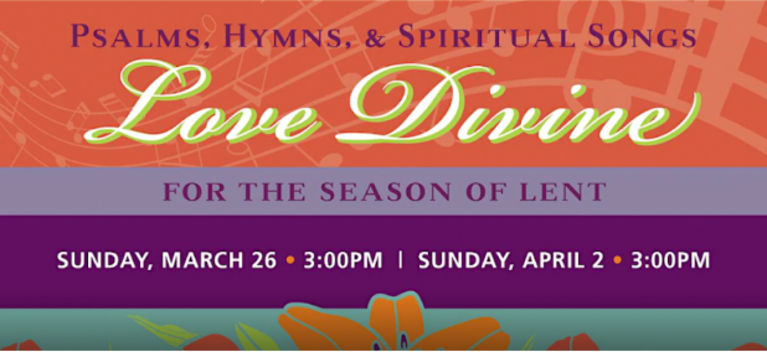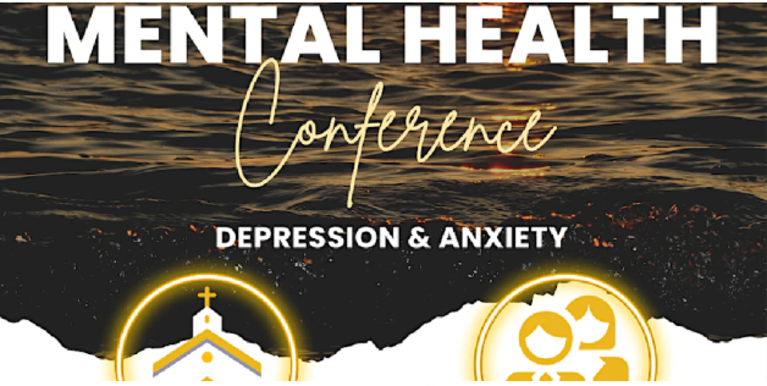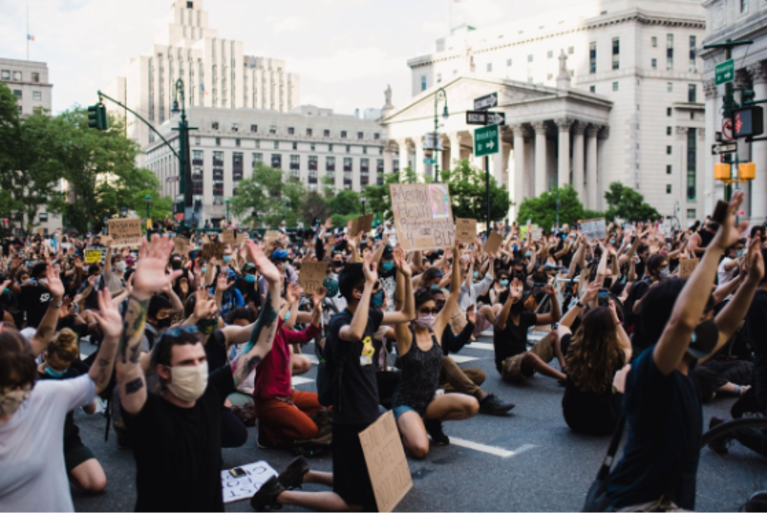
The Colorado Lynching Memorial Project will host a commemoration and discussion at Holy Redeemer Church on Sunday, November 20, according to a CBS News report.
As per the report, the event commemorates the death of Preston Porter Jr., a 15-year-old Black boy lynched by a white mob outside Limon 122 years ago.
The lynching of Porter attracted global resentment at the time.
However, few people in the state were aware of the lynching until recently.
Pennie Goodman of the Colorado Lynching Memorial Project remarked that she didn't know about racial terror lynching in the state.
The Equal Justice Initiative (EJI) liaison, Judy Ollman, shared the same sentiments.
The EJI reportedly started looking into racial terror lynchings in the US in 2010, mostly in South America. However, numerous lynching events were unrecorded.
A historian at the Metropolitan State University of Denver, Stephen Leonard, has written and published research on lynching in Colorado.
He said more than 160 persons were hanged in Colorado between 1859 and 1919. Many of them are of Mexican origin.
The Lynching of Preston John Porter
On November 16, 1900, Preston was burnt alive in Limon, Colorado, while bound to a railroad stake.
More than 300 white individuals assembled in a mob around Lincoln County to participate in the gruesome public lynching.
Earlier that year, Preston, his father Preston Porter Sr., and brother Arthur Porter relocated from Lawrence, Kansas, to Limon in search of railroad employment.
On November 8, a white female named Louise Frost was discovered dead in Limon, and an investigation was conducted.
Authorities focused on the Porter family after reading in newspapers that they had left Limon for Denver a few days after the girl was discovered dead.
When crimes were revealed during this period, Black persons and communities were saddled with presumptions of guilt and risk.
Simple charges of violence committed by a Black person against a white person sometimes sparked mob violence and the possibility of lynching.
Allegations against Black persons were seldom given serious consideration. This is mainly due to the pervasive racial hatred in American culture.
Newspapers said that Preston had confessed to the crime after they had been detained for four days.
He confessed to rescuing his father and brother from experiencing the doom that he fears awaits him.
Afterward, Preston was prematurely transported from Denver jail to Lincoln Country.
When the train stopped outside of Limon, a mob of more than 300 people was waiting. Before being lynched, Preston allegedly read a Bible and was allowed to pray.
Anti-Lynching Act
According to a letter from Pres. William McKinley, regarding Porter Jr., a group of Chicago-area clergymen urged him to propose laws outlawing lynching and holding mobs accountable for their actions.
After 122 years, President Biden finally enacted the Emmit Till Anti-Lynching Act this past March.
For Jovan Mays of the Colorado Lynching Memorial Project, they do not mean to lock people into the past.
They're trying to have people absorb all these lessons from the past and bring them forward so they're not made again.
More from Crossmap: Grand jury indicts Catholic priest in Massachusetts for child rape, assault, and battery





